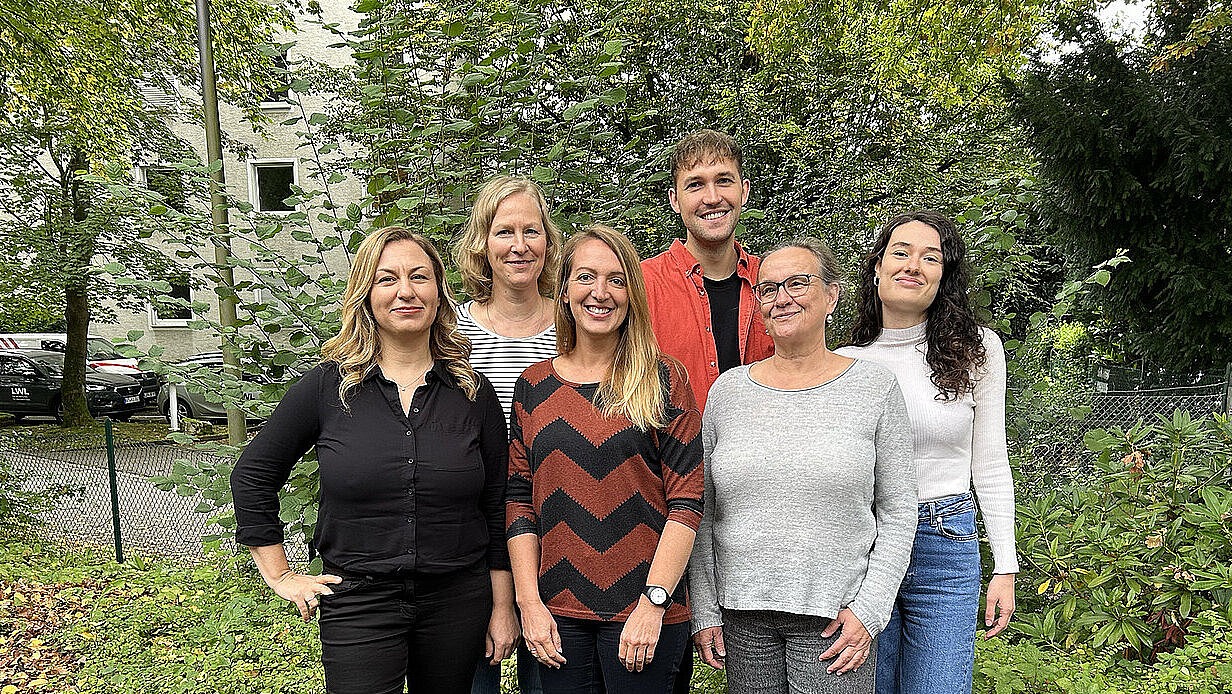Germany is known for its strong social welfare system, and one of the key organizations contributing to humanitarian aid is Diakonie. As a charitable organization with a Christian foundation, Diakonie plays a crucial role in supporting marginalized groups, including refugees. This article explores the benefits of Diakonie and the services it provides to refugees in Germany.
What is Diakonie?
Diakonie is one of Germany’s largest welfare organizations, working under the Protestant Church. It operates thousands of institutions, including hospitals, care homes, counseling centers, and refugee support services. With a focus on social justice, Diakonie aims to provide assistance to those in need, regardless of their background, religion, or nationality.
How Diakonie Supports Refugees
Refugees often face numerous challenges upon arriving in Germany, such as language barriers, legal uncertainties, and difficulties in integrating into society. Diakonie addresses these issues through various programs and services:
1. Legal and Social Counseling
One of the primary services offered by Diakonie is legal and social counseling for refugees. Specialists help newcomers understand their rights, asylum procedures, and access to social benefits. This guidance ensures that refugees are aware of their options and can navigate Germany’s complex legal system effectively.
2. Language and Integration Courses
Language is key to successful integration. Diakonie provides German language courses and cultural orientation programs to help refugees adapt to their new environment. These courses not only improve communication skills but also facilitate access to education and employment opportunities.
3. Housing Assistance
Finding safe and stable housing is a major concern for many refugees. Diakonie assists in securing accommodation, whether in temporary shelters or permanent residences. They work closely with local authorities and landlords to ensure refugees have a place to live.
4. Employment and Vocational Training
To promote self-sufficiency, Diakonie offers employment support services, including job placement assistance and vocational training programs. These initiatives help refugees develop skills that align with the German job market, increasing their chances of long-term employment.
5. Psychological and Trauma Support
Many refugees have experienced traumatic events before and during their journey to Germany. Diakonie provides psychological counseling and trauma therapy to support mental well-being. These services are essential for helping refugees rebuild their lives and integrate successfully into society.
6. Family and Child Support
Diakonie also focuses on vulnerable groups, such as children and families. They offer childcare services, educational programs, and family counseling to ensure that refugee families receive the necessary support to thrive in their new home.
Conclusion
Diakonie plays a significant role in Germany’s refugee support system by offering legal aid, language courses, housing assistance, employment services, mental health support, and family care. Through these initiatives, Diakonie not only helps refugees overcome challenges but also fosters a more inclusive and supportive society. By providing these essential services, Diakonie ensures that refugees have the resources they need to build a better future in Germany.
